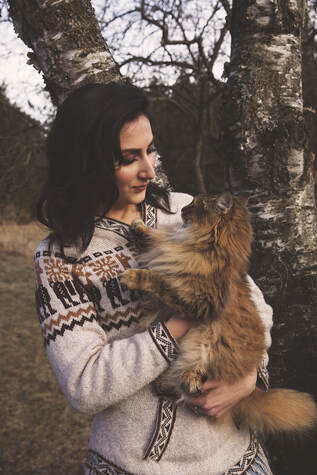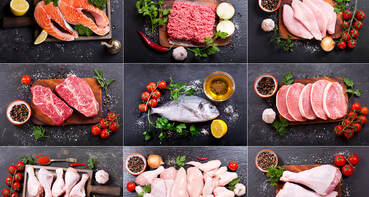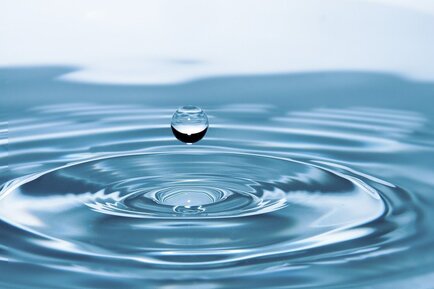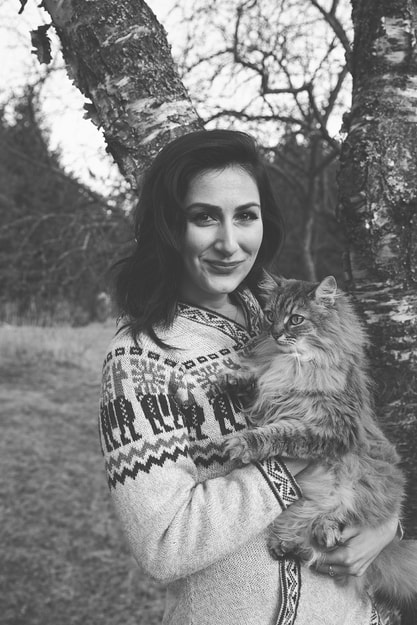 Wanted to make a post specifically highlighting feline health, as we do cater to both dogs and cats’ needs. If you would like to avoid conditions such as IBD (Inflammatory Bowel Disease), kidney stones, UTI’s, premature arthritis, diabetes, obesity, immune system deficiencies, gas, bloating, feline cardiac myopathy, etc. then keep reading. Cats are very interesting creatures, they all have such a personality, no two are alike. But they all share a fundamental common ground, and I believe if supplied, will lead to a healthy and vibrant life, with less shedding, less fur balls, and more purring. Here are the fundamentals to get your cats healthy and keep them healthy: Diet: Think variety, whole and nutrient-dense. I would argue that cats need to be on a quality raw food diet more than dogs do, as they are obligate carnivores, where canines are more omnivorous, meaning they can eat more of a variety of foods other than meat, and still get adequate nutrition, not so with cats. They need meat. Avoid: by-products, factory famed foods, foods that contain chemical additives such as artificial color and preservatives, GMOs, poorly packaged foods, high GI foods (foods high on the glycemic index), foods that contain hormones and antibiotics, while also avoiding anything with corn, sugar, wheat, white rice, soy and commercial legumes as cats were never meant to eat, let alone digest these ingredients. Supplements: Omega-3’s: The King of omega’s!: When it comes to essential fatty acids like omega-3’s, for cats its always best to choose an omega in the activated form, such as from animal sources. Unlike dogs, they lack the enzymes needed to convert plant-based omega-3s like hemp or flax, into the converted EPA/DHA form. Many holistic vets, and myself personally, like to recommend cod liver oil for cats. With cod liver oil you are not only getting the EPA/DHA but rather, vitamin A, D and E. Cats absorb nutrients best coming from animal sources, including vitamins, that’s why cod liver oil is also a great source of other nutrients other than omega-3. Other great sources are fish oil (small) like anchovies, herring, mackerel, halibut and sardine, versus large fishes like salmon and tuna that contain higher levels of mercury (okay in limited moderation). Another type of animal fat I recommend, although not terribly high in omega-3s like fish or cod liver oil, is grass fed (emphasis on grass) butter or ghee. High in quality fats, CLA, and vitamins like A and K2. MCT (medium chain triglycerides) from coconut oil: Coconut oil has a category all on its own because of all the amazing things it does for the body such as;
Vitamins and Minerals: Vitamins and minerals are best obtained from a variety rich diet with different types of animal proteins, and other nutrient-dense food sources such as, spirulina (algae) in minute amounts. When buying prepared foods that are already fortified do keep an eye out for synthetic micronutrient sources, one example of that would be vitamin K3. It is a synthetic form of vitamin K (unlike like K2) and should be avoided in both dogs and cats. You want to look for vitamin K2, and NOT K3. Also listed as, “Menadione Dimethyl-Pyrimidinol Bisulfate, Menadione Dimethyl-Pyrimidinol Bisulfate, Menadione Sodium Bisulfate Complex, Menadione Sodium Bisulfate and Menadione Sodium Bisulfite Complex. Vitamin K3 is a synthetic form of vitamin K (the natural forms are vitamin K1 and K2) used as an inexpensive vitamin K supplement in commercial pet foods. Menadione has been implicated in a variety of negative effects on the body, including damaging the natural vitamin K cycle (natural vitamin K is essential for blood clotting), cytotoxicity in liver cells, possible mutagenic effects, weakening of the immune system, irritation of skin and mucous membranes, allergic reactions, eczema and toxicity in high doses (The Dog Food Project, 2012).”. (Dodds, DVM, 2015). Taurine: Only necessary to supplement with if your cat is not already on a raw food diet that is rich in organ and muscle meat. Taurine is an amino acid most abundantly found in the brain, eyes, muscles, and blood cells. Taurine is an amino acid only found in animal proteins, hence why cats are obligate carnivores. Cats do not manufacture this, hence why they need to obtain it from their diet. Kibble does not supply cats with bioavailable taurine, that is why kibble fed cats especially should most definitely be on a taurine supplement. Water: Hydration is very imperative for feline health; although most people don’t think about the type of water they have and how it can affect their pets in the long run. There is well water, tap water, bottled spring water and distilled water. With clean filtered water systems such as, reverse osmosis, can actually remove the good with the bad, such as trace minerals like calcium, magnesium, phosphorus, etc. It is important to add trace minerals back in the water with a good quality electrolyte balancer, which we carry, nutraceutical grade. Just place a few drops in their water bowl that they have free access to, it is tasteless and odourless. Of course, you also don’t want the opposite to happen, which is hard water that can mineralize and calcify in the body. If I had to choose, I would pick the latter, because its always easier to add then it is to take away. As always, speak with your veterinarian when you are deciding to add anything new to your pets’ diet, feel free to contact us to learn more about these options!
2 Comments
|
AuthorLucy is an avid pet mom; with dogs, cats, goats and horses to keep her busy! All of her pet 'kids' are fed a species appropriate diet with proper supplementation so she can watch them thrive. Her expertise and experience lie in nutraceutical supplementation and is a health advocate for proper diet and nutrition. Her other passions in life are schutzhund and equestrian riding. Archives
July 2024
Categories |






 RSS Feed
RSS Feed